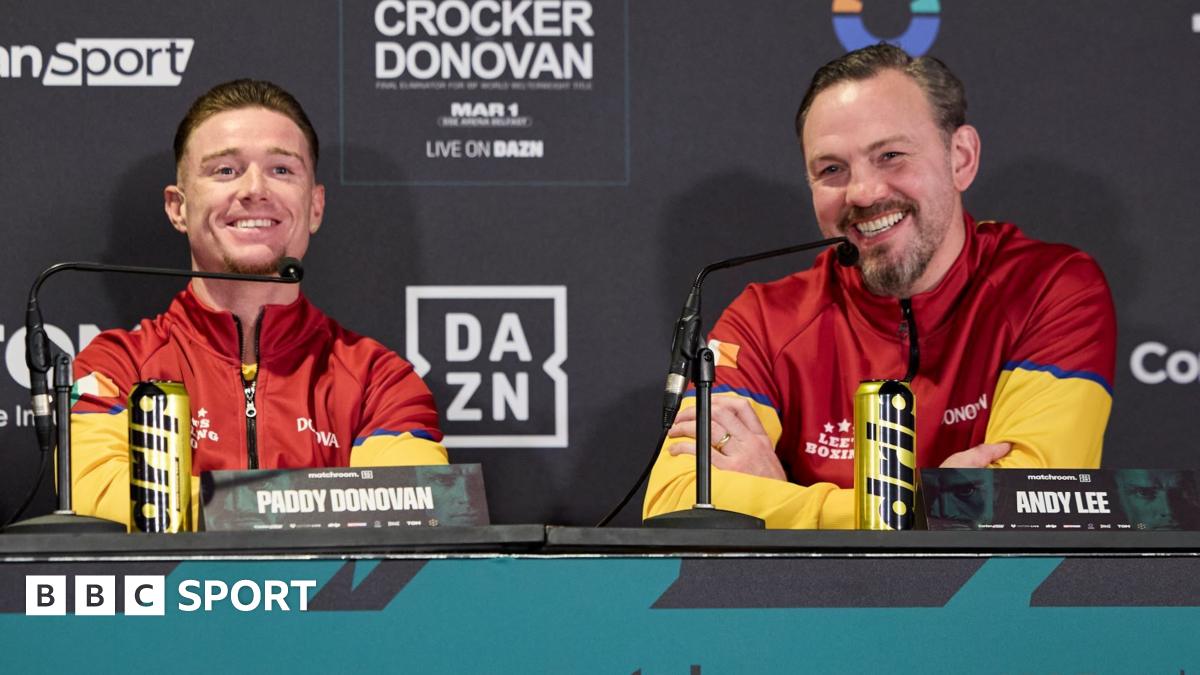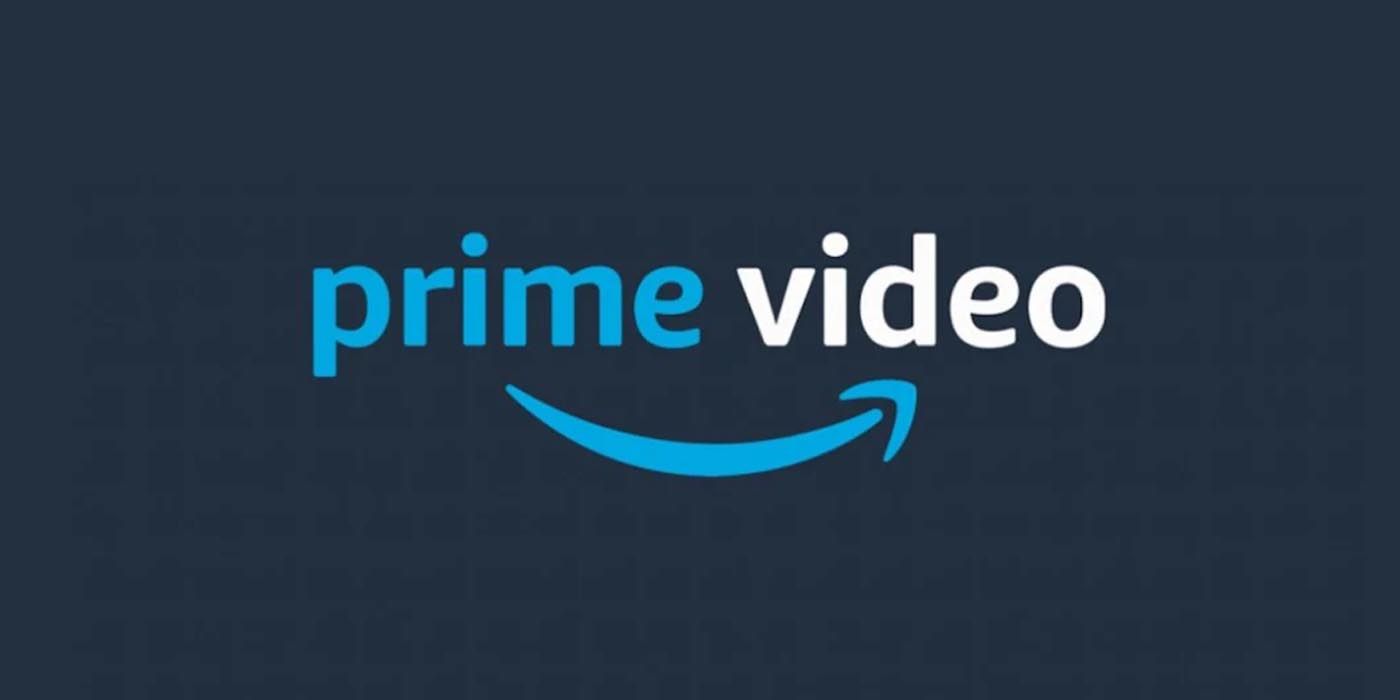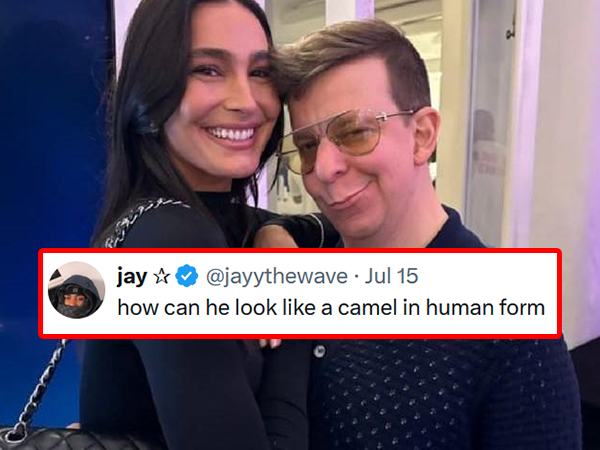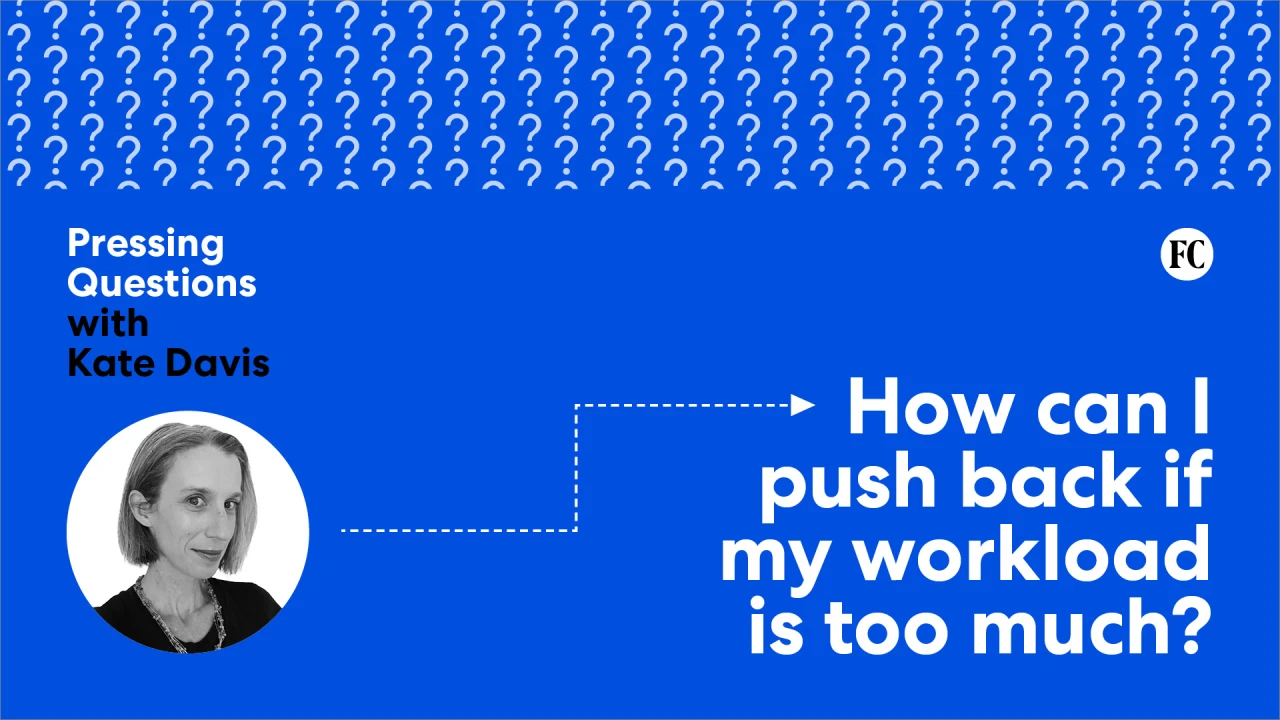Profits over people and microplastics in every meal?

For decades, the plastic crisis has always felt far away, whether through time or across distance. But unfortunately, we’re no longer talking about environmental pollution “out there” in the ocean. Microplastics, tiny fragments that come from the breakdown of everyday plastic items, are now inside all of us, turning this from a theoretical risk into a shocking—and deeply personal (physically) —reality.
Despite this fact, most Americans remain unaware of just how prevalent microplastics are in our lives. New national research that we conducted with our partners at The 5 Gyres Institute paints a troubling picture: while 77% of Americans say they’ve heard the term “microplastics,” only 49% actually understand what it means. Even about half of people—51%—know it’s often a result of larger plastic breaking down.
The knowledge gap
That knowledge gap is more than an academic concern. It’s a public health crisis, especially when you consider that, after the term is defined for survey respondents, 90% of Americans state that they’re worried about microplastics in the human body—and they’re right to be. Science confirms that these particles have been found in breast milk, placental tissue, lungs, brains, blood, and more. And studies are increasingly linking microplastics to serious health impacts, including cancer, heart disease, hormone disruption, and infertility.
But even when you close that knowledge gap, people who care often feel stuck. Our research shows that 70% of Americans don’t know how to reduce their exposure to microplastics and 67% can’t name a single company actively working on the problem (we’re hoping to change that!). That sense of powerlessness is as dangerous as the plastic itself, because people want better. They just don’t know where to turn.
At Grove, we’ve seen firsthand that Americans are searching for answers and they’re looking to us: to companies, brands, and private-sector leaders. They want healthier homes, safer products, and more sustainable choices. They want corporations to lead—not with vague promises, but with bold, measurable action.
This is our collective moment.
A solution
Consumers didn’t create the plastic crisis. We, the private sector, did. For decades, our industries have driven plastic adoption in product design, packaging, and sourcing. And we were lied to and manipulated by the petrochemical and plastics industry that shaped this system. Now, we, the private sector in 2025, must dismantle it.
That means going beyond plastic. It means rejecting outdated systems that rely on single-use packaging, microbeads, and petrochemical-based materials. It means investing in compostable and refillable formats, shifting supply chains, being transparent about ingredients and sourcing, and leaning into the circular economy. It means learning and being aware of the impact plastics are having in our bodies and environments. It means supporting legislation, like the newly introduced bipartisan Microplastics Safety Act, which calls on the FDA and HHS to investigate and report on the health impacts of microplastics.
Most importantly, it means refusing to offload responsibility onto consumers and admitting that recycling, long touted as a solution, simply isn’t enough. Only 5% of plastic is recycled and the rest ends up in landfills, incinerators, or breaks down into microplastic particles that pollute our air, food, water, and (if not abundantly clear by now) our bodies.
At Grove, we remain unwavering in our commitment to eliminate plastic from the products we make and sell—and to empower others to do the same. But we can’t do it alone.
The cost of inaction
Consumers are demanding accountability. Our research shows that 79% of Americans believe microplastics represent a human and environmental emergency; 82% believe companies should be doing more. But only half (54%) believe that businesses are actually stepping up. That gap is where trust and long-term relevance will be won or lost.
The cost of inaction is rising. Not just in terms of public health, but in trust, consumer confidence, and regulatory risk. There will come a time soon when inaction on microplastics will be seen for what it is: negligent at best, and reckless at worst.
Companies that continue to delay action on plastic pollution aren’t just making a business decision. They’re making a decision that directly impacts human health. Brands that cling to plastic-heavy models are effectively choosing profits over people, and they’ll have to live with the consequences.
But brands that choose to lead? They’ll be rewarded with consumer loyalty, resilience, and relevance in a world that’s rapidly waking up to this crisis. The science is clear. The public is paying attention. The future will not be plastic. And the time for action is now.
Jeff Yurcisin is CEO of Grove Collaborative.
What's Your Reaction?
 Like
0
Like
0
 Dislike
0
Dislike
0
 Love
0
Love
0
 Funny
0
Funny
0
 Angry
0
Angry
0
 Sad
0
Sad
0
 Wow
0
Wow
0






























































































